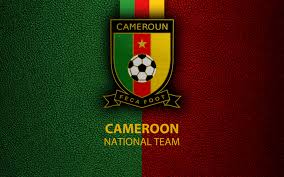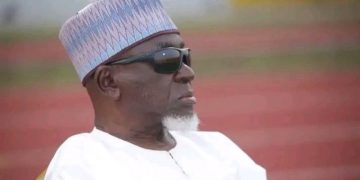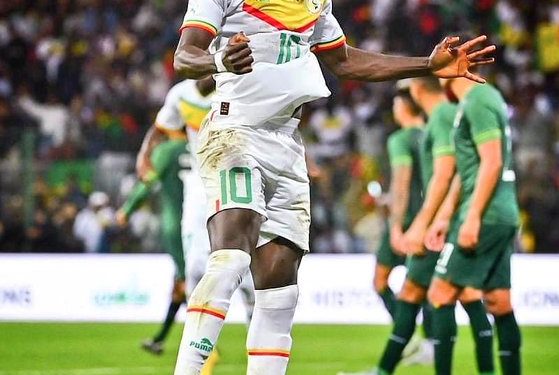The 22nd FIFA World Cup, Qatar 2022, will commence on Sunday, November 20th, 2022, the first World Cup to be hosted in an Arab country.
The three most successful African nations, Ghana, Cameroon, and Senegal, will be joined by Morocco and Algeria on the greatest platform in Qatar, where the entire world will be watching.

The World Cup is being played outside of May, June, or July for the first time. Because of Qatar’s severe summer heat and humidity, the World Cup will be staged in the winter.
The clever and creative editors at www.atspo.com have reviewed some of Africa’s biggest World Cup upsets from previous competitions.
Africa’s five World Cup participants will try to make greater history for the continent at the huge global championship event and prove their detractors wrong after no team advanced past the group stage in Russia four years ago.
All the competing teams will have a formidable test, but they might draw inspiration from previous World Cup finals in which African nations pulled off surprises and achieved shocking successes.
A reference to African nations’ performances at the World Cup over the previous seven editions reveals that they had a significant impact on particular matches. It is remarkable that African nations stood out in the competition over the previous six editions.
Cameroon fans were all colour and dance at the 1990 World Cup in Italy, where their team advanced all the way to the quarterfinals before losing 3-2 to England.

They set the tone in the first game against Diego Maradona’s Argentina, who went on to finish second in the championship.
Few anticipated the Indomitable Lions, led by 38-year-old attacker Roger Milla, to offer much resistance to the smooth South Americans, but their strong play and passion led to one of the World Cup’s most famous victories.
The first encounter was played in front of 74 000 supporters at the San Siro in Milan, and despite two red cards for André Kana-Biyik and Benjamin Massing, Cameroon won.
François Omam-Biyik scored the game’s only goal midway through the second half, and Cameroon held on for an unlikely victory.
Following an outstanding performance by Cameroon in 1990, Nigeria continued in the United States of America beginning in 1994.
Nobody outside of Lagos or Abuja expected Nigeria to top their group at the end of the first round of the 1994 World Cup, especially with Argentina in the pool!
But they were propelled forward by a remarkable 3-0 victory over Bulgaria, which remains the largest win by an African side at the World Cup to this day.
It was a fantastic Super Eagles team, full of talent and football intelligence. They began their campaign in the Cotton Bowl in Dallas, and it was a performance that highlighted all of their talents as they defeated the stunned Bulgarians, who were led by the renowned Hristo Stoichkov.

Rashidi Yekini and Daniel Amokachi scored in the first half to put Nigeria ahead.
Senegal, like Cameroon in 1990, was given little chance in the 2002 finals in South Korea and Japan when they played holders France.
Indeed, the French were many people’s favourite to regain the championship, and they possessed a fantastic team that had matured into a more remarkable lineup than the one that had won on home soil four years before.
Senegal was making their debut with several players from France’s lower levels, but they played with fire in their bellies and were deserving winners thanks to Papa Bouba Diop’s goal on the half-hour mark.
France finished last in their pool, whereas Senegal advanced to the quarterfinals, where they were defeated 1-0 by Turkey after defeating Sweden in the previous round.






















